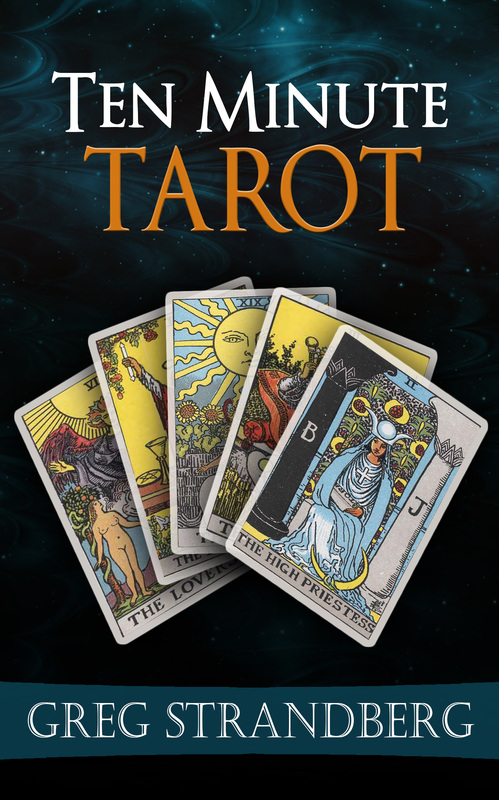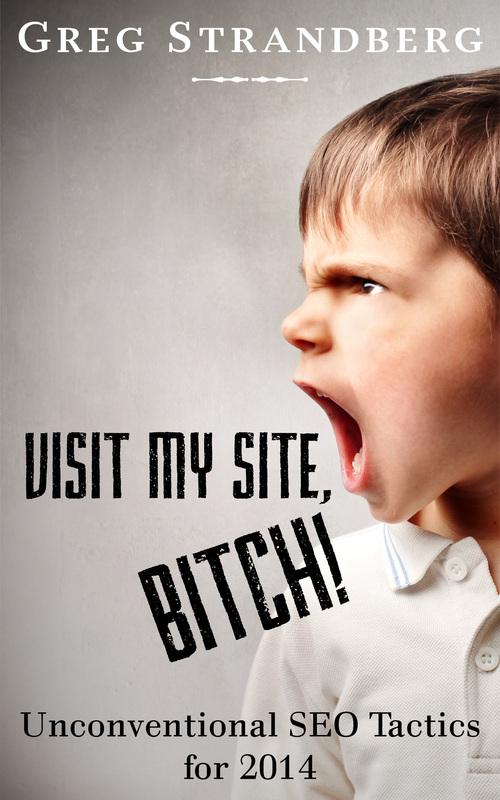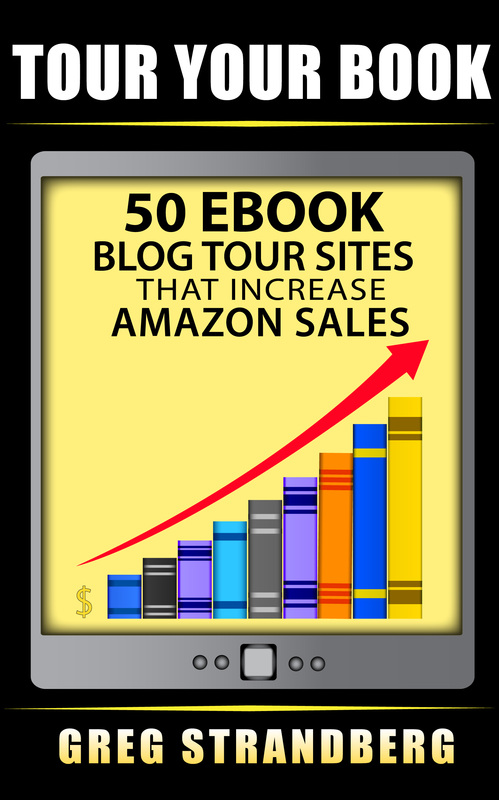
Hummingbird is the algorithm that Google launched for its 15th birthday, which fell on September 27, 2013. Hummingbirds have been around before, but this one is a major shakeup, expected to affect about 90% of search results, at least according to the National Law Review.
Even if it only affects half of that it’s still a major thing. The whole idea behind the new creature is to give users a more direct answer to their questions, or in other words something that takes them a few seconds instead of a few minutes. And Hummingbird is much more in-tune with human language, not just random keywords, something they hope will provide a better user experience.
Now if it’s better-able to discern human language that means it can tell sentences. And it’s also going to be used heavily with mobile. How easy is it to ask a question like you’re talking to your friend on the phone, after all? That’s how people want their information, and that’s how Google’s trying to go about giving it to them.
There’s a lot of uncertainty about Hummingbird, and it all comes down to a simple truth – no one knows what’s going to happen. The main reason behind this is mobile.
Mobile Scares Google

This scares Google. They don’t know what to do about this primarily because their whole advertising revenue model is built upon their traditional advertising, which in their case was largely seen via desktop and laptop computers. And the keyword there is ‘seen.’ No longer are a lot of Google’s ads being seen because they’re not transferring over to mobile well. As you can imagine, this is a huge problem, especially for a company that’s making billions from this.
Now to say that Google might be a little hostile to mobile isn’t too farfetched when you think about it like that. And therein lies both a problem and an opportunity for you.
Problems and Opportunities for SEO 2014

You’ve got an opportunity here because you can get ahead while many if not most are still trying to catch up, especially the Big Boys. Google is probably the biggest Big Boy of them all and if they’re faltering because of mobile it’s time for you to sling into action.
Hummingbird is Google’s answer to this. They’re trying to figure out what your content is telling them, and how it can answer the questions people all over the world are asking of them.
Let’s say I’m in Barcelona. I’m on holiday and enjoying myself and I pull up Google on my mobile phone and put something in like ‘fun things to do in Barcelona.’ Now all of a sudden Google’s got to figure out your day for you. That’s quite a lot for a search algorithm to handle, and that’s what they want Hummingbird to fix.
Before you’d probably get lots of articles coming up, all of them based on how popular Google felt them to be, which didn’t always mean they were helpful. Now Google’s trying to get it where you’ll get restaurants to eat lunch, places to go after lunch, directions on how to get there, the history of what you’re walking by, and anything else that could even be remotely of interest to you as you’re walking around the city.
But what’s probably going to be a death-knell for many SEO folks out there is Hummingbird’s reliance on phrases and sentences, not words. And the longer the content you have, the more sentences you’ll have. And the longer the sentences the more words. So there’s still room in there for keywords, which will still be essential, but in a few years are you still going to be saying “tacos” into your phone or something like, “Hi Irene, I’m feeling a little hungry and wondering where I can get a taco.” Well?











































































 RSS Feed
RSS Feed